The Old Testament sacrificial system demonstrated both God’s holiness and his mercy. God is holy. So when there was sin, there had to be punishment. Blood had to be shed. But God is merciful. So it wasn’t the sinner’s blood, but the blood of a substitutionary sacrifice. Throughout the Old Testament almost every time God describes the type of sacrifices he would accept, he includes the phrase “without defect or blemish.” Sacrificial animals could not be sickly or deformed but were to be ideal specimens in the prime of their life. This was to illustrate an important truth of our salvation. Only someone who is perfectly sinless can save a sinner. A mother cannot pay for her daughter’s sin, for that mother is not “without defect or blemish.” That mother has sin of her own. Salvation requires a perfect savior.
Though Jesus faced endless temptation, “He did not sin.” Jesus was the first and only human being who lived a perfect life. Therefore, he is the only person who didn’t deserve to die. Yet, today Jesus dies on a cross. “He was pierced for our transgressions,” Scripture says. Note the singular “he” and the plural “our.” If Jesus were just a perfect man, his sacrifice would only have been enough to pay for the sins of one sinful man. But Jesus is more than a perfect man. He is the perfect Son of God. That is divine blood pooling at the foot of the cross. That makes his death valuable enough to pay for the sins of the entire world. Jesus looked at a world full of sinners. He saw that we needed mercy. He fulfilled our greatest need by becoming the perfect sacrifice.
Want to hear more?
Check out our sermon archive.

